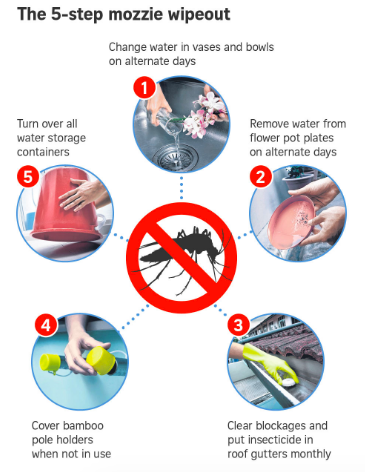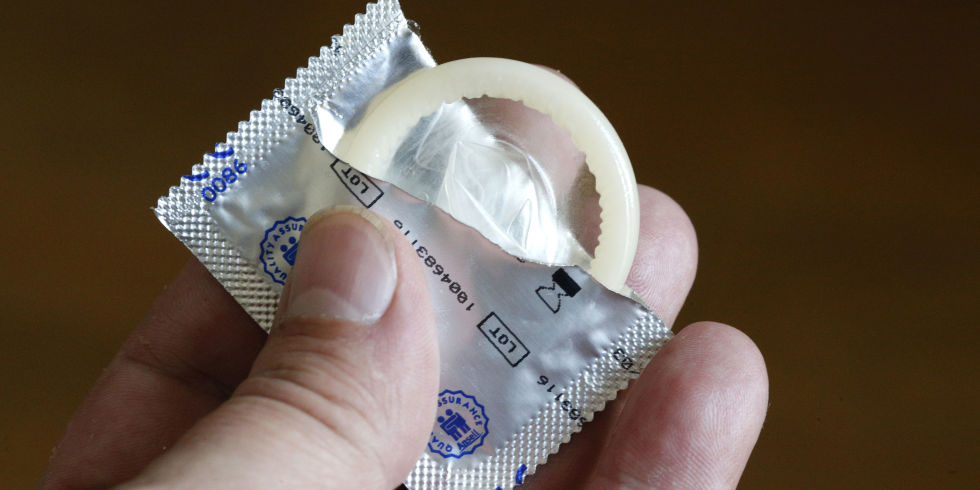How To Keep Your Family And You Safe From The Zika Virus
Be on high alert, everyone!
1. Avoid going outdoors during "peak mosquito hours"
Reduce outdoor activities in early mornings and late evenings as mosquitoes are most active during those hours.
2. Stay in places with air conditioning, and keep your windows and doors shut
Maintaining a cool home can help keep mosquitoes away, especially since they thrive in hot, humid environments.
3. Sleep under a mosquito bed net or in rooms with wire-mesh screens to keep out mosquitoes
4. Use mosquito repellents
Most local pharmacies sell an array of natural mosquito repellents that you can apply on your body to better protect yourself against mosquito bites.
6. Treat clothing and gear with permethrin or buy permethrin-treated items to repel mosquitoes
Permethrin is an insecticide in the pyrethroid family. Pyrethroids are synthetic chemicals that act like natural extracts from the chrysanthemum flower.
The U.S. Military has been using permethrin to treat combat uniforms for over 20 years to protect soldiers from diseases carried by insects.
You can check for Permethrin in major local pharmacies or sporting good stores.
7. Use the 5-Step Mozzie Wipeout method to get rid of Aedes mosquitoes
Like Malaysia, our neighbour Singapore is also home to the Aedes mosquitoes that spread Zika, dengue and chikungunya viruses.
As a precautionary measure to curb the spread of these viruses, the Singaporean government advocates the 5-step Mozzie Wipeout to break the mosquitoes breeding cycle.
8. Prevent sexual transmission of Zika. Practice safe sex always!
Adopt safer sexual practices like using a condom, or consider temporary abstinence from sexual intercourse to reduce the chances of spreading or contracting the Zika virus through sexual transmission.
9. Avoid travelling to any area where the Zika virus is spreading
If you can, postpone non-essential travel to countries with ongoing outbreaks, particularly if you're pregnant or trying to become pregnant.
Although there is currently no evidence that suggests pregnant women are more likely to get the Zika virus infection, the consequences can be far more serious when a pregnant woman is infected. So far, the Zika virus infection is known to cause microcephaly (a birth defect where a baby's head is smaller than expected) in the unborn foetus of pregnant women.








